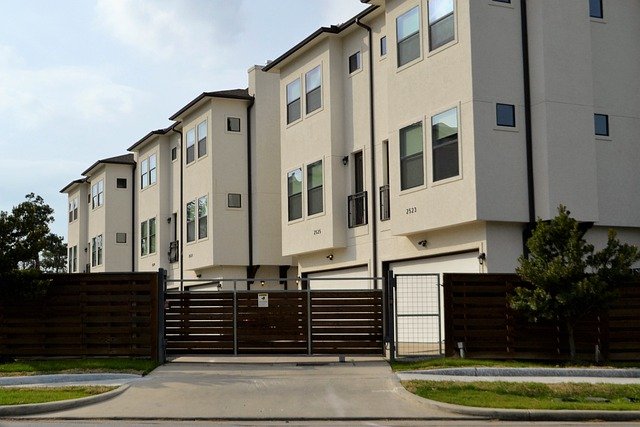You’ve finally done it. You’ve saved up and you’re now ready to buy a new home. Congratulations! Purchasing a home is a huge milestone that comes with a lot of important decisions. To ensure that you’re making the best choices for yourself and your family, here are a few things that you need to get right before signing on the dotted line.
1. Location
This is perhaps one of the most important factors to consider when purchasing a new home. It’s not just about finding a home in the right neighborhood, but also making sure that the home is situated in an area that meets all of your needs.
For instance, if you have young children, then you’ll want to be sure that the home is close to good schools. If you’re someone who loves the outdoors, then you’ll want to find a neighborhood that’s near parks or nature trails. And if you work downtown, then you might want to choose a home that’s close to public transit. Getting all of these things right will help to make sure that you’re happy with your new home for years to come.
2. Size of the Home
Nothing is worse than feeling like you’re cramped up in your own home. That’s why it’s important to make sure that you choose a size that’s comfortable for you and your family.
If you have young children, then you might want to consider getting a larger home so that they have plenty of room to grow. If you’re empty nesters, then you might want to think about downsizing to something that’s more manageable. And if you’re not sure what size would be best for you, then it never hurts to err on the side of caution and go with a larger home. You can always use the extra space for storage or as a guest room for when out-of-town family comes to visit.
3. Age of the House
Are you looking for a brand new home or something that’s already been lived in? There are pros and cons to both choices, so it’s important to think about what would work best for you.
A brand new home will likely come with all of the latest features and amenities, but it will also come with a higher price tag. An older home might not have all of the bells and whistles, but it will be more affordable. And while an older home might need some updates, you can always use that as an opportunity to put your own personal touch on the space.
4. Maintenance and Upkeep
This is something that you’ll need to think about regardless of the age of the home. All homes require some amount of maintenance and upkeep, but older homes will likely need more.
Be sure to factor in the cost of things like painting, repairs, and landscaping when you’re budgeting for your new home. And if you’re not someone who enjoys DIY projects, then you might want to consider getting a home warranty to help cover the cost of unexpected repairs.
5. Home Features
When you’re looking for potential, it’s important to think about the must-have features and which ones you can live without.
For instance, if you have a large family, then you might want to make sure that the home has enough bedrooms and bathrooms. If you love to cook, then you might want to find a home with a spacious kitchen. And if you’re someone who loves to entertain, then you might want to look for a home with a great backyard or a finished basement.
Also, don’t forget to look at the security features of the home. Things like security systems, deadbolts, and motion-sensor lights can help to keep your family safe. If you really love a home but it doesn’t have the right security features, you can always add them yourself later on.
6. Cost
Of course, you can’t afford to forget about the cost of the home. It’s important to set a budget before you start your search so that you don’t end up spending more than you can afford.
And when you’re thinking about the cost of the home, don’t forget to factor in things like property taxes, insurance, and utilities. Also, if you may want to add extra features like an aluminum fence or a swimming pool, be sure to factor those costs into your budget as well.
7. Potential for Growth
When you’re purchasing a new home, it’s important to think about your future plans.
Are you planning on starting a family? Do you see yourself working from home in the future? Are you hoping to retire in the same house?
Answering these questions will help to guide your decision and make sure that you’re choosing a home that will be able to accommodate your future needs.
Bottom Line
Buying a new home is a big decision, but it doesn’t have to be an overwhelming one. By keeping these seven things in mind, you can help to ensure that you’re choosing the right home for you and your family.

